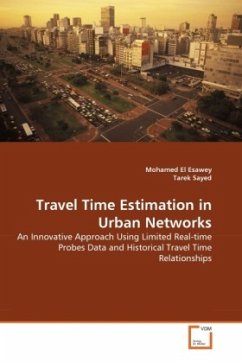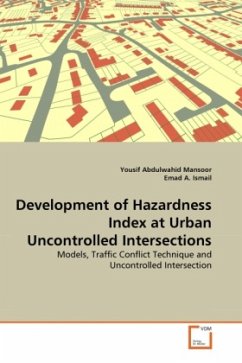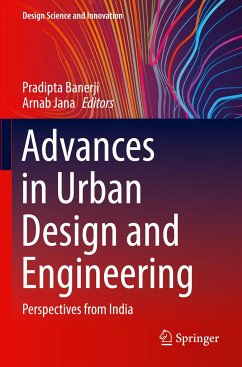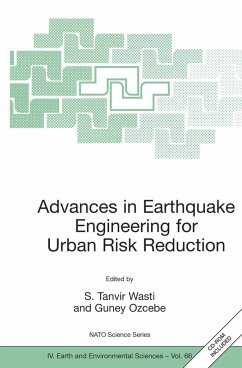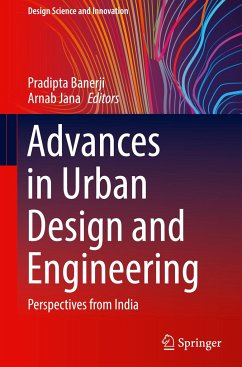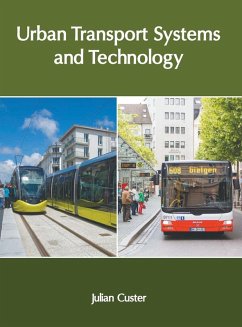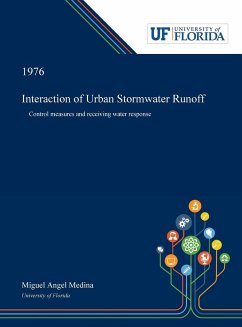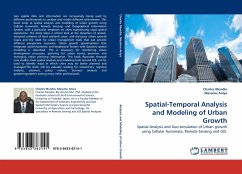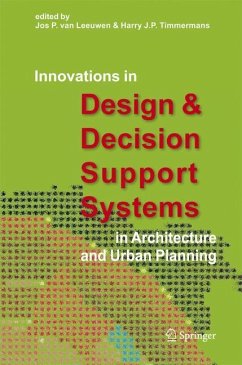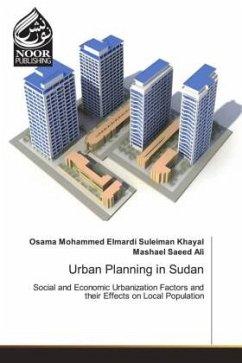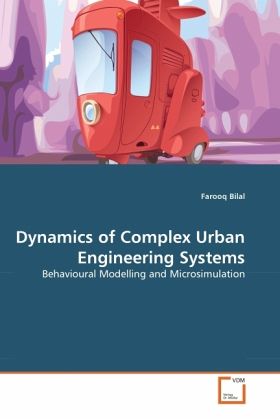
Dynamics of Complex Urban Engineering Systems
Behavioural Modelling and Microsimulation
Versandkostenfrei!
Versandfertig in 6-10 Tagen
52,99 €
inkl. MwSt.

PAYBACK Punkte
26 °P sammeln!
Analysing the factors that influence the spatio-temporal dynamics of transport, built space, energy, and population in a complex urban engineering system, play an extremely important role in our greater understanding of the evolution of the system and the behaviour of various agents (households, firms, governments, etc.) involved in it. In this context, this book addresses two very important, but at the same time, not very widely investigated dimensions that play a key role in the evolution of complex urban engineering systems: Markets and Decisions. A disequilibrium based microsimulation mode...
Analysing the factors that influence the spatio-temporal dynamics of transport, built space, energy, and population in a complex urban engineering system, play an extremely important role in our greater understanding of the evolution of the system and the behaviour of various agents (households, firms, governments, etc.) involved in it. In this context, this book addresses two very important, but at the same time, not very widely investigated dimensions that play a key role in the evolution of complex urban engineering systems: Markets and Decisions. A disequilibrium based microsimulation modelling framework is developed for the urban built space markets. On the decisions side, this book presents a generic multidimensional modelling framework that captures the behaviour of builders in terms of the supply of new built space. The where, when, how much, and what type of supply decisions were incorporated within a single framework. In addition to that, this book also develops a comprehensive hedonic analysis for the asking rent of office space. Spatial analysis techniques are incorporated within the hedonic framework to capture clustering and heterogeneity.



